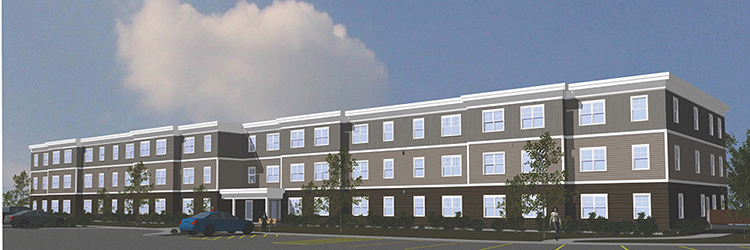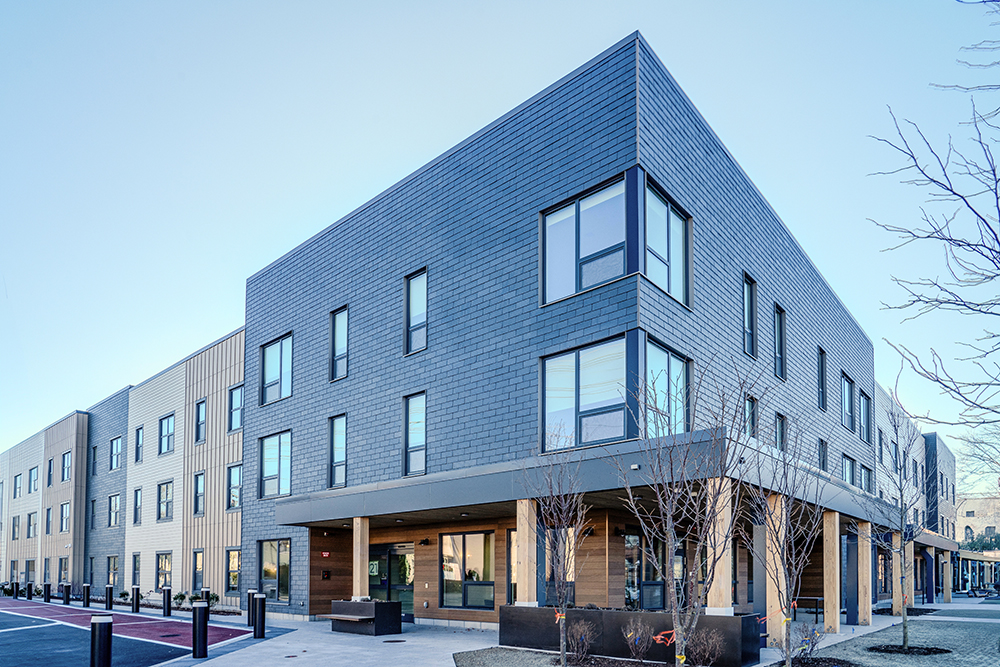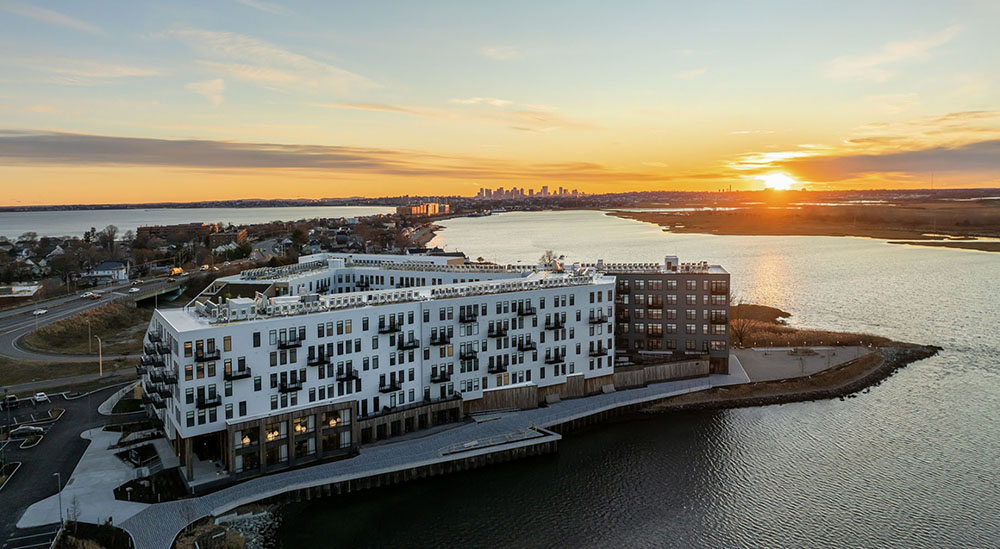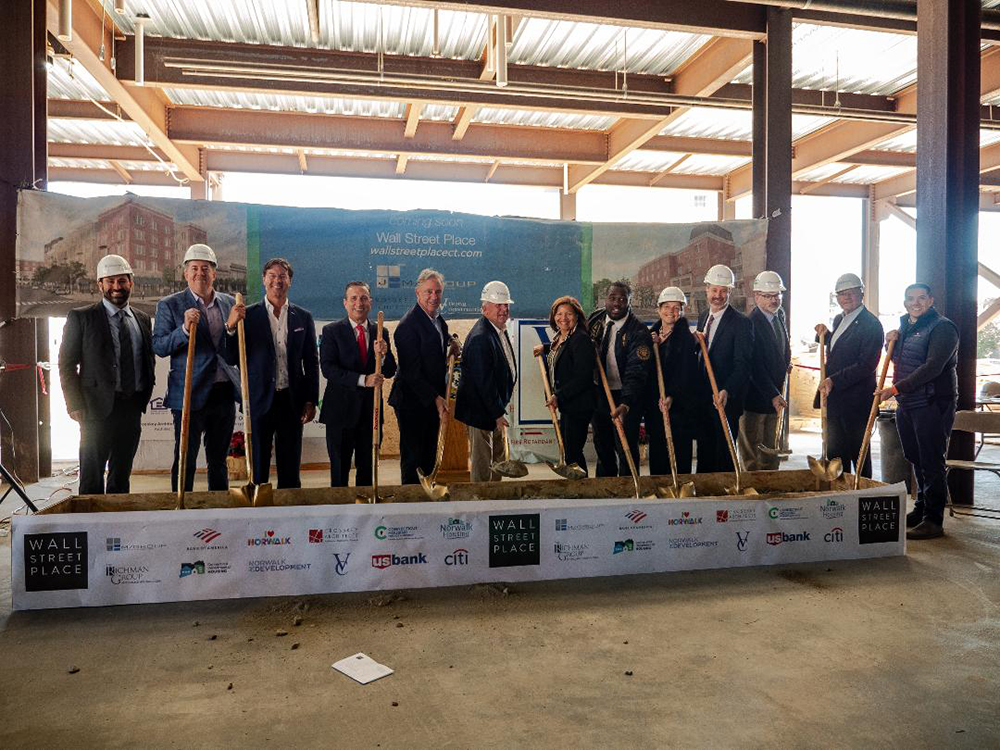CAI CALL TO ACTION: Corporate Transparency Act
Tell Congress to support H.R. 5119 Protect Small Business and Prevent Illicit Financial Activity Act and H.R. 4035/S. 2623 Protecting Small Business Information Act of 2023, and fix the Corporate Transparency Act!
Overview
The Anti-Money Laundering/Corporate Transparency Act that passed in 2021 and related Business Ownership Information (BOI) reporting requirements unintentionally apply to more than 350,000 local volunteer-driven, homeownership non-profit organizations in the United States. Community associations, also known as homeowners associations, condominium associations, and housing cooperatives are usually organized as state non-profit corporations therefore, are swept into the Business Ownership Information (BOI) reporting requirements of the Anti-Money Laundering/Corporate Transparency Act.
The non-profit corporation has shareholders (every owner in the community). The owners pay their fair share of the non-profit corporation’s expenses by paying assessments.
Further, the owners select, by election, the board of directors to make decisions on their behalf. The Corporate Transparency Act exempts non-profits that hold an IRS non-profit tax determination. Community associations are incorporated as a local state non-profit corporation; however, they usually do not have a non-profit tax determination by the IRS (i.e., 501c).
The consensus by community association lawyers is community associations incorporated at the state level will be impacted by this new law and will have a responsibility to file information with FinCEN through the Beneficial Ownership Information (BOI) reporting requirements. The Beneficial Ownership Information (BOI) reporting program is slated to be implemented with filings beginning January 1, 2024. The current filing deadline for existing corporations is January 1, 2025. The filing is not yet open.
The U.S. Treasury Department’s Financial Crimes Enforcement Network (FinCEN) published a statement recognizing the charitable sector that operates domestically presents a low risk for money laundering terrorism financing risk.
The Corporate Transparency Act intends to detect and report suspicious activity including predicate offenses to money laundering and terrorist finance, to facilitate tracking money that has been sourced through criminal or terrorist activity to safeguard the national security and the financial system of the U.S.
This Act was not intended to apply to volunteer-driven nonprofit corporations that are locally based with the sole purpose of providing municipal-like services to residents.
Potential Impact
At a minimum, here is what is going to need to be reported by the community association to the FinCEN federal agency on an annual basis.
• Business name.
• Legal name of board members, birthdate, home address, and identifying number from a driver’s license, state ID, or passport.
• Individuals with substantial control. The same information (name, birthdate, home address, identifying number) of person (s) who exercise substantial control over financial reporting for the community association corporation. It is unclear whether a community manager and/or management company qualify as an individual with substantial control. This is yet to be confirmed. CAI will continue to evaluate this and provide guidance accordingly.
• Changes, corrections, and additions to the filing must occur within 30 days of when you become aware of the change (i.e., board member moves, is replaced, etc.).
Of great concern, is noncompliance of filing could result in civil penalties of $500 per day and criminal penalties of up to $10,000 and up to 24 months in prison.
CAI has taken the position that we do not believe the Anti-Money Laundering Act and Corporate Transparency Act are intended to apply to community associations.
For more information visit www.caionline.org
Elm Grove Companies breaks ground on $20 million - The Rapids On Cocheco


IREM President’s Message: Fostering community connections during the holiday season

Recently passed legislation creates opportunities to meet CT’s changing energy needs - by Klein and Feinn


.png)



.jpg)

.png)